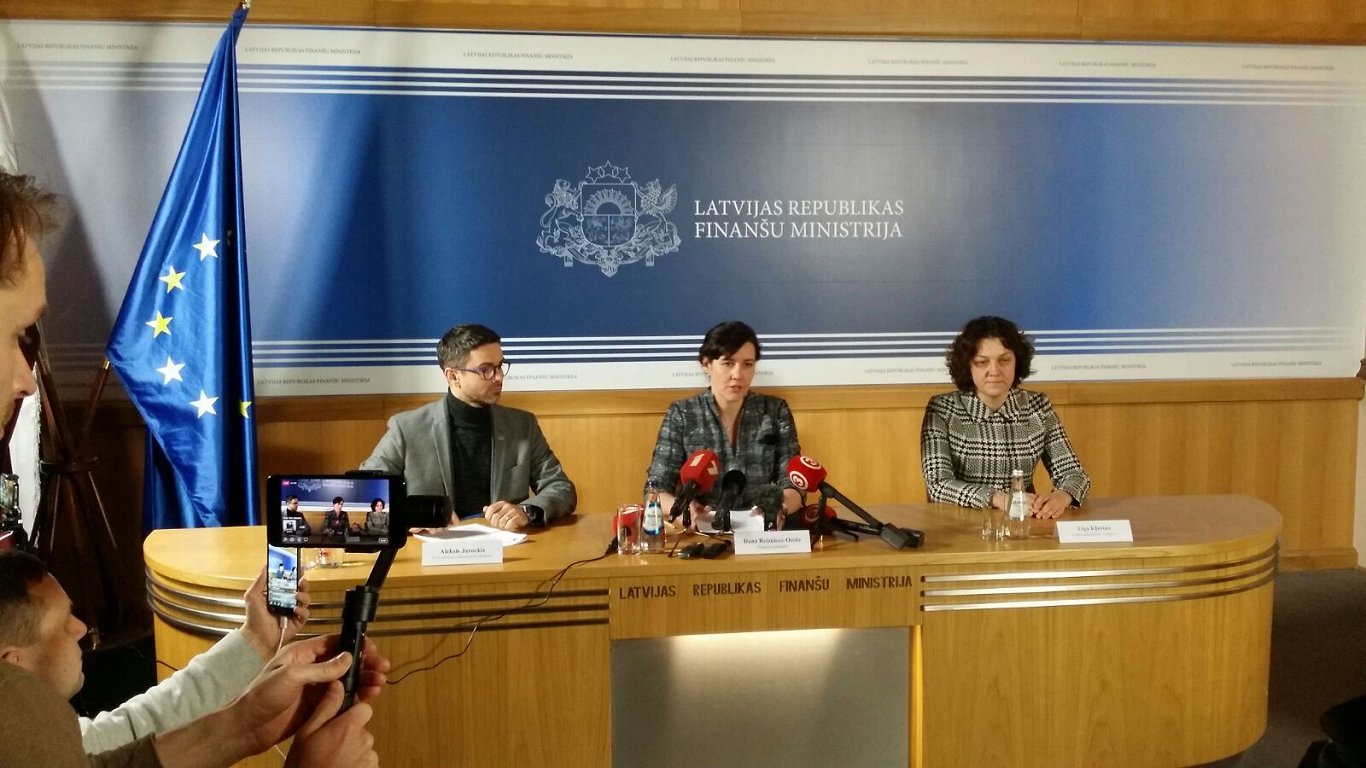Kučinskis vowed that taxpayers' money would not be used in winding up the financial institution, saying:
"The Latvian government has not invested and will not invest a single euro in rescuing ABLV bank. The taxpayers’ money will not be channelled to this bank. Latvia is one of the countries of the Banking Union, where a harmonized framework for supervision and regulation of the banking sector has been introduced since 2014. The law does not provide for the possibility of investing the state budget funds in rescuing the banks."
In a notable departure from previous statements he admitted that not enough had been done to clean up the banking sector and said he was calling an extraordinary meeting as a result.
"In the recent years, Latvia has made steps in the field of supervision of the banking sector in order to prevent inflow of the funding in the financial sector that is related to money laundering and terrorist financing. However, they have not been sufficient to achieve a more substantial reduction in the share of risk customers and the involvement of the Latvian banking sector in activities non-compliant to international practices and laws. The responsible officials and experts from the financial sector at national and international level have to agree on a set of further actions to improve the financial supervision system. Therefore, an extraordinary meeting of the Supervisory Board of the Financial Sector will be convened on Monday 26 February, and this issue will also be on the agenda of the sitting of the Cabinet of Ministers."
At a press conference Saturday morning Finance Minister Dana Reizniece-Ozola backed up the PM, saying that "various consultations" would be required on how to enhance the battle against money laundering and in particular the use of Latvian banks by offshore companies, a phenomenon extensively recorded by media over the last decade but which continues to blight the reputation of Latvian banks.
She also said that while some of the accusations leveled against ABLV bank by the U.S Treasury were based on information a couple of years old, "that doesn't mean there aren't lots of questions," and that negotiations with Saeima, as the supervisor of the banking supervisor, were now necessary.
An "independent audit" was necessary "to establish the quality of FKTK's work," Reizniece-Ozola said.
The move to wind up ABLV came from the European Central Bank, which said:
"On 23 February, the European Central Bank (ECB) determined that ABLV Bank was failing or likely to fail in accordance with the Single Resolution Mechanism Regulation. The ECB also determined ABLV Bank Luxembourg, a subsidiary of the Latvian bank, failing or likely to fail."





























